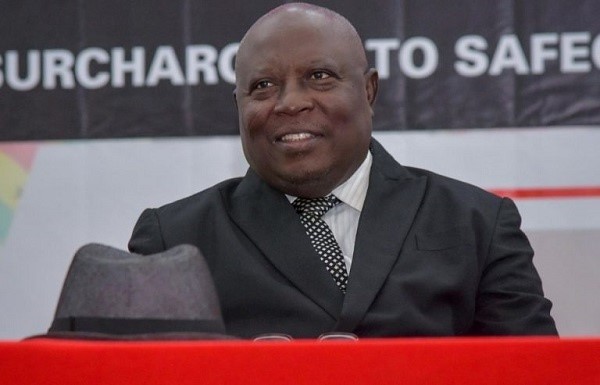Martin Amidu has alleged that President Akufo-Addo was endemic in interfering with his work as Special Prosecutor
• He said the President usurp constitutional authority during his tenure as Special Prosecutor
• He points that his ethics and principles led him to resist the President’s actions
Ghana’s first Special Prosecutor has once again reiterated President Nana Addo Dankwa Akufo-Addo’s involvement in usurping constitutional authorities during his time in office.
In the concluding part of his most recent epistle sighted by GhanaWeb, Martin Amidu alleged that President Akufo-Addo kept interfering in his work, a major reason for his resignation.
“My resignation as the first Special Prosecutor was the result of the endemic attitude of President, Nana Akufo-Addo’s penchant to usurp the constitutional authority of investigators and prosecutors in criminal justice administration as he tried to do in the Agyapa Royalties Transaction Anti-Corruption Risk Assessment Report implicating him.”
He points that his ethic and principles from being a lawyer for more than four decades led him to resist the “President’s unconstitutional interference.”
“My old school ethics and integrity as a lawyer of more than four decades standing guided me to resist the President’s unconstitutional interference and resigned my office instead of being his poodle,” Mr Amidu said.
Meanwhile, President Akufo-Addo delivering his State of the Nation Address in March this year, told Parliament his government intends to further engage lawmakers on the future of the transaction.
“The government will come back to engage the House on the steps it intends to take on the future of the Agyapa transaction,” President Akufo-Addo declared.
Prior to that, former Special Prosecutor Martin Amidu in a corruption risk assessment had concluded that there were breaches of the Public Procurement Act and the Public Financial Management Act with regards to how the advisors of the gold royalty fund agreement were procured.
Mr Amidu disclosed that the process involving the transaction raised reasonable suspicion of bid-rigging and corruption.
The risk assessment report also indicated that the procurement of service providers for the transaction showed possible cronyism and nepotism which could result in illicit financial activities and money laundering.
Akufo-Addo was endemic in interfering with my work – Martin Amidu
